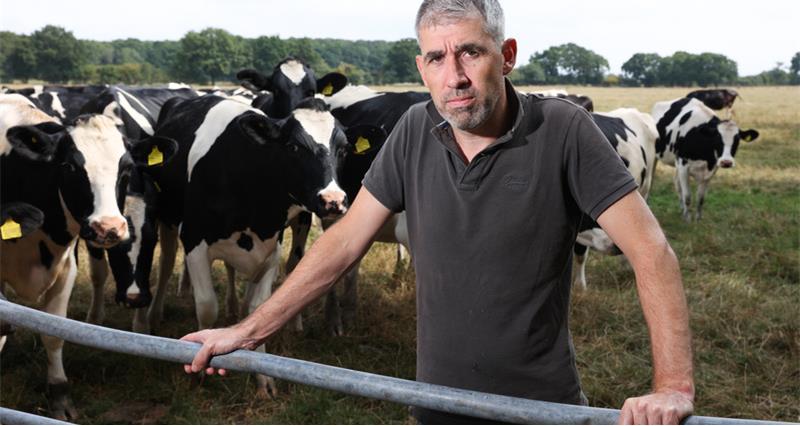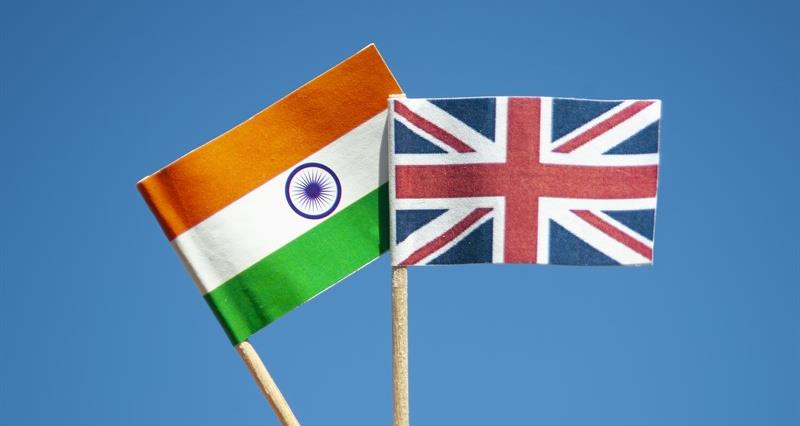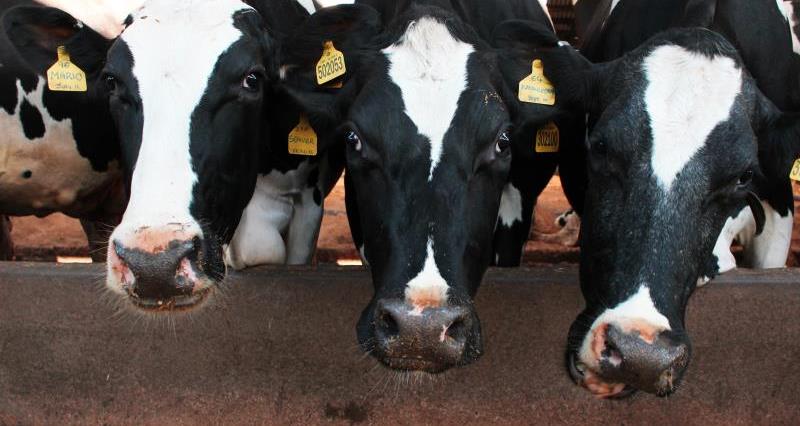Following the trade agreements with New Zealand and Australia, the UK-India FTA (free trade agreement) signed on 24 July 2025 established significant tariff cuts and market access measures for goods and services traded between the UK and India, aiming to boost bilateral trade between the two countries.
Once in effect the agreement will provide Indian dairy products – along with 99% of all Indian goods – tariff free access to UK markets.
For a range of cultural and societal reasons, India’s approach to trade is exceptional in its uncompromising protection of its own dairy sector. It is therefore disappointing, but unsurprising, that tariffs will remain in place for most UK dairy exports attempting to reach Indian consumers.
‘A precedent must not be set’
The national dairy board has expressed its frustration that access to UK dairy markets has again been granted to another major dairy producing country, this time without dairy farmers receiving greater access for British cheese and dairy products in return.
The cumulative impact of ever greater access to our domestic food markets cannot be overlooked and the board is clear that a precedent must not be set for future trade negotiations.
Opportunities
India is the world’s largest dairy producing nation, yet it is also the most populous with nearly all dairy production consumed domestically.
We hope that our established trade links with India and the reputation of British dairy as a high quality, traceable, and safe product continues to drive growth in this emerging export market.
Despite the tariffs in place, the UK already exports over £2.7 million worth of UK dairy products to India each year and through collaborative projects such as the UK Dairy Export Taskforce there is room for the industry to develop market access further.
Under the FTA, UK infant formula and some dairy based protein concentrates will now benefit from reduced Indian tariffs, offering an opportunity which we hope domestic dairy processors seek to satisfy and the UK Government supports the sector to access.
Close monitoring required
High domestic demand together with the lack of cold chain infrastructure limits India’s ability to export. Combined with UK’s strict rules around food safety standards, this means that we are unlikely to see a surge in Indian dairy products reaching our shelves in the medium term.
India also has limited export health certificates for dairy products into the UK, and the UK did not import any Indian dairy products last year. However, new investment in India’s dairy sector means that the sector is changing.
We have seen an increase in the number of private businesses operating in the Indian dairy sector and, as the sector continues to transform and grow, so, some analysts predict, will their ability (and need) to export.
This reinforces the national dairy board’s lobbying ask for the UK Government to publish an annual FTA assessment to quantify the cumulative impact of FTAs on trade balance, sourcing, standards, and domestic food production.
The board is also clear that the government must monitor the domestic market closely and take effective action swiftly if we experience a surge in Indian imports that pose a threat to the livelihood of our dairy farmers.
One size doesn't fit all
As the UK Government seeks economic opportunity in future trading agreements, it is critically important that we take the time to assess the benefits and risks each deal offers.
The dairy board is clear that the same template cannot be used for each trading agreement.
It is reported that the UK and US FTA negotiations continue and that the UK is in the final stages of negotiations for a Free Trade Agreement with the Gulf Cooperation Council.
The government must recognise that these deals potentially offer very different risks and rewards for the UK dairy sector.
While our offensive interests are important, for the dairy sector a balanced and considered approach to negotiations is key. Without it, we will not support sacrificing any more of the UK’s much sought after agricultural markets for the benefit of other sectors of the economy.
Government must uphold safeguarding promises
In June the NFU hosted the US Dairy Export Council on farm to share learnings on milk production, nutrition, and environmental improvement.
Their overt approach towards improved access for US dairy products to the UK was obvious, unsurprising and alarming at the same time.
US pressure for market access, despite lower costs, variable welfare standards across the States, use of hormone treatments on dairy farms, and differing approaches to antimicrobial usage, risks irreparable damage to UK dairy.
Any liberalisation of market access to the US would be a complete U-turn on government pledges to safeguard our high production, animal welfare and food standards.
The signing of the UK-India trade deal highlights the importance of balanced trade agreements.
The dairy board urges the UK Government to deliver fair, future proofed trade deals, championing exports while never sacrificing UK dairy standards or farmers.
We will not relent in pressing for the competitive interests and advancement of British dairy in all UK trade deals.
More from �ʼһ���:





